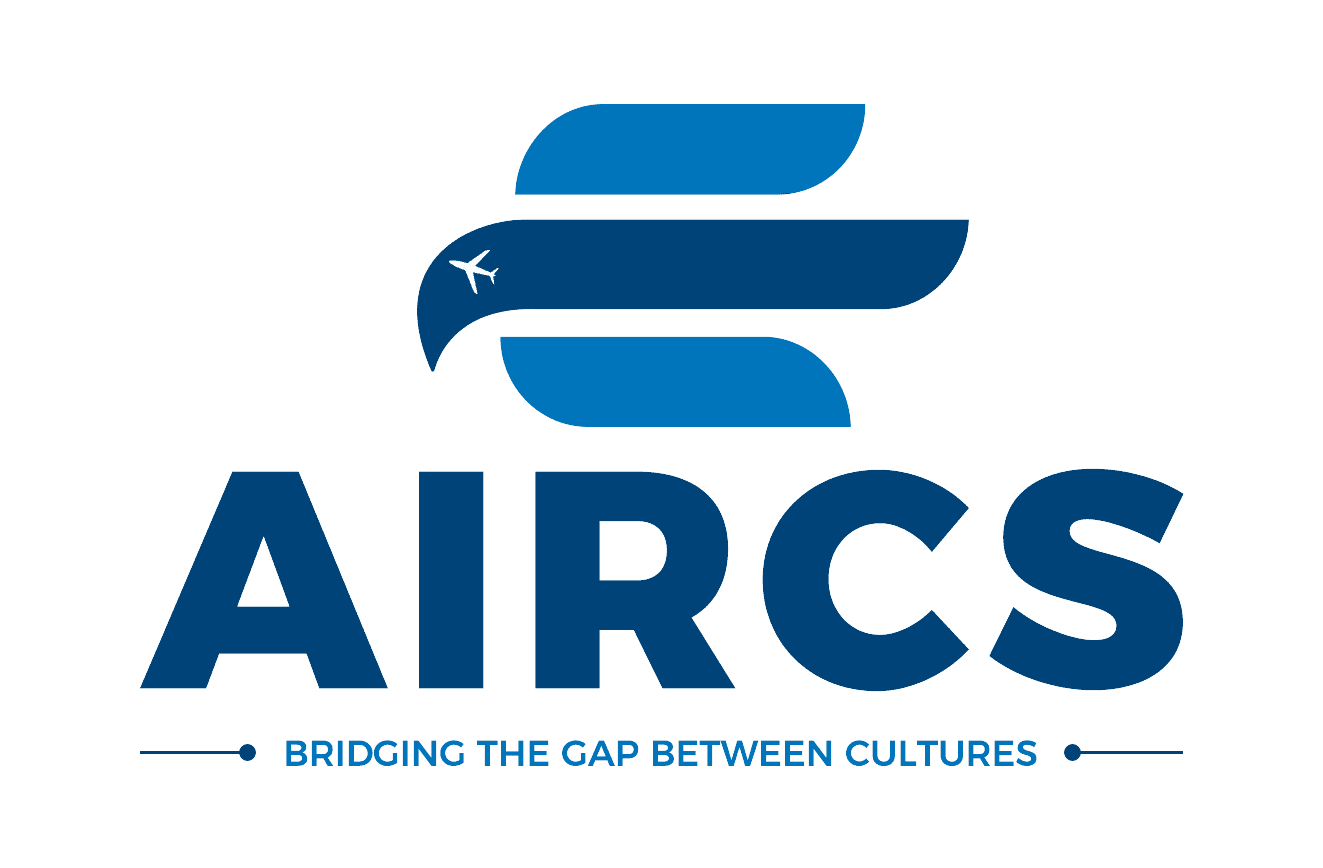How to Calculate Your Comprehensive Ranking System (CRS) Score for Canada’s Express Entry
Canada’s Express Entry system is one of the most popular immigration pathways for skilled workers seeking to gain permanent residency in Canada. The CRS is a well-structured and systematic points-based system being by Immigration, Refugees, and Citizenship Canada (IRCC) for assessment and ranking candidates in the Express Entry Pool. Understanding how to calculate your CRS score is critical to maximizing your chances of receiving an Invitation to Apply (ITA) for permanent residency.
In this blog, we will walk you through the key factors involved in calculating your CRS score based on official guidelines.
- Core/Human Capital Factors
The core human capital factors focus on essential personal attributes that influence an individual’s ability to integrate into Canada’s workforce. These factors include:
- Age: Younger applicants score higher. The maximum points for age are awarded to those between 20 and 29 years old, with points decreasing significantly as age increases.
- Education: Points will be awarded based on the highest level of education of the candidate. A bachelor’s degree, master’s degree, or Ph.D. yields more points. Applicants with a Canadian educational credential can also receive bonus points.
- Language Proficiency: One of the most critical components is language ability. You must take an approved test such as IELTS or CELPIP for English, or TEF for French. Depending upon your scores in Reading, writing, speaking, and listening points will be awarded to you.
- Work Experience: Any work experience either Canadian or Foreign contributes towards the calculation of your score. However, having skilled Canadian work experience increases your points significantly.
- Spouse or Common-Law Partner Factors
If you are applying with a spouse or common-law partner, their qualifications will also be considered. You can earn additional points based on their:
- Education: Similar to the main applicant, the spouse’s educational background adds points to your overall CRS score.
- Language proficiency: The spouse’s language test results in either English or French can also increase your CRS score.
- Work experience: If your spouse has Canadian work experience, it will also add points to your profile.
- 3. Skill Transferability Factors
This section combines several aspects of your qualifications to give you additional points. For example:
- Education combined with language proficiency: High language scores paired with post-secondary education can lead to significant extra points.
- Work experience combined with language proficiency: If you have both foreign work experience and strong language proficiency skills then there are more chances to get higher points.
- Canadian education or work experience: If you’ve studied or worked in Canada, that experience enhances your skill transferability score.
- Other Factors
These bonus factors can give you the final push to secure an ITA:
- Provincial Nomination: If have a nomination from any Canadian province under PNP, it adds up to 600 points to your CRS score, which practically guarantees you an ITA.
- Job Offer: A valid job offer from a Canadian employer can give you up to 200 additional points, depending on the job type.
- Siblings in Canada: If you have a sibling living in Canada who is a citizen or permanent resident, you may be awarded 15 extra points.
- French Language Skills: If you are proficient in French, you can gain up to 50 extra points, especially if you can demonstrate proficiency in both English and French.
How to Calculate Your CRS Score
The CRS score is calculated by totalling points from all these categories. The maximum points are:
- 600 points for core factors, spouse, and skill transferability factors.
- 600 points for additional factors, such as a provincial nomination or a job offer.
Thus, the total maximum CRS score is 1200 points. You can calculate your CRS score through the CRS calculator provided by the Canadian government. Input your details, including age, education, work experience, and language proficiency, to get an estimated score.
Conclusion
Accurate calculation of your CRS score is essential to make your position clear where you stand in the Express Entry pool. By improving factors like language scores, gaining more work experience, or obtaining a provincial nomination, you can significantly boost your CRS score and increase your chances of receiving an Invitation to Apply.
For official guidance on the CRS score calculation, you can refer to the Government of Canada’s Express Entry system.
References


